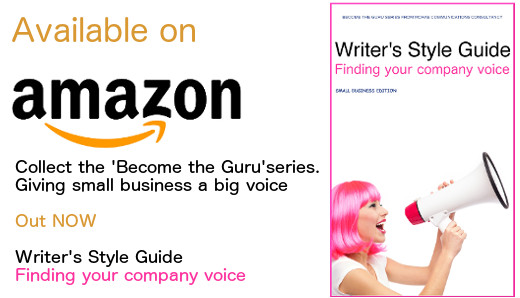 What do you think of your résumé? Do you give it the care and attention it needs? After all, you’re relying on this document to get you that job you want. It’s only right you should spend a little time on it.
What do you think of your résumé? Do you give it the care and attention it needs? After all, you’re relying on this document to get you that job you want. It’s only right you should spend a little time on it.
It might help to think of your résumé as a marketing document. It’s all about your USPs and encapsulates your value proposition to future employers. To succeed, your résumé needs to set you apart from the competition. You want to stand out – but for all the right reasons. This may seem a little over the top to you, but if you are serious about your career, it pays to be serious about your résumé and treat it with the respect it deserves. So blow off the cobwebs. Time to inject life and colour into that tired old document that’s been languishing on your hard drive.
- Begin your résumé with a career summary. Make it interesting enough that the reader wants to know more about you. Couch the language in terms of ‘what I can do for you.’ As soon as you start talking resource efficiencies, savings, increased revenue or best practice processes, you’ve got your potential employer salivating.
- Your résumé should summarise your skills and experience in a way that makes it easy for potential employers to see what skills you will bring to them. Employers want to see ‘what’s in it for them’ if they employ you, so it helps to think about what they are looking for from someone in the advertised role.
- Avoid writing “Responsibilities included” over and over again … yawn… Instead, try to describe the impact your responsibilities had. Perhaps instead of saying, “I was responsible for ensuring we all used FSC paper,” you could say “I raised the benchmark in sustainability awareness.
- Quantify your achievements by being as specific as possible. Don’t just say, “I improved sales”. State that you increased revenue by 15% year-on-year or you boosted website traffic by 28% – make numbers count. These are attention-grabbing details and could start a profitable conversation with your potential employer.
- Keep your information up-to-date. If you haven’t mentioned your most recent role in your CV this will look suspicious to a future employer. If you have a gap in your career, think about how to best convert this to a positive. Perhaps you took two years out to work on a project outside your career. What transferable skills did you use? What competencies did this time out help you develop?
- The format of your résumé is just as important as the content. You should think about how to guide the reader through your information with logical signposts (sub-headers) to relevant pieces of information.
- Always proofread. Put your résumé down for half an hour and then come back to proofread again. Better still, get someone else to proofread as it can be difficult to spot our own mistakes.
- Use keywords from the actual advertisement or keywords used in your industry. This is particularly important nowadays as recruiters use résumé database systems to store and manage all the résumés they receive. These systems have built-in search engines – so make sure you use these words or your résumé will not receive the attention it deserves.
If you would like McRae Communications Consultancy to provide you with CV/résumé advice simply send us an email at info@eviemcrae.com and we’ll be happy to help.
 Send to Kindle
Send to Kindle

